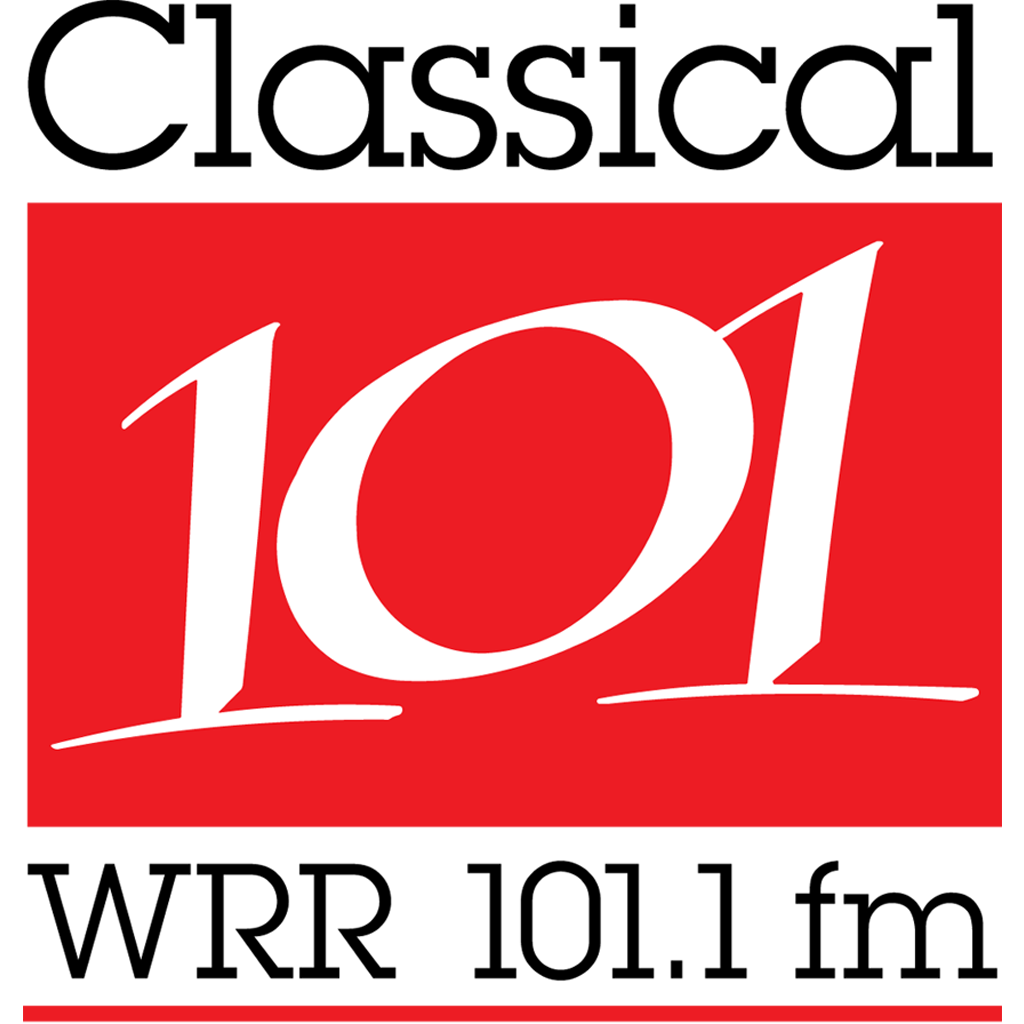Dallas', and Texas', oldest radio station, WRR, is one I listened to regularly when I lived in the Metromess in the 2000-oughts, but now that I'm close enough to get it on a lucky day on car radio, I'm more likely to want a CD.
Per D Magazine, as the station gears up for the approaching centennial, it is a "unicorn." I knew that it was one of the few commercial classical stations, or one of the few non-NPR classical stations, period. The old one in St. Louis, the FM side of the dial of the paired stations at least formerly owned by the Lutheran Church Missouri Synod is now contemporary Christian; a non-commercial non-NPR station of some sort has filled the void there.
More here from NBC-5, which notes it moved to the FM dial in 1948 and became all-classical in 1964. As the second-oldest federally licensed radio station in the country, one that precedes the FCC, ti's one of the few west of the Mississippi to keep a "W" rather than a "K" call sign.
And, I knew it is the almost the only, if not the only, municipally owned radio station, any format, in the US.
But the programming, and even more the announcers, have gone downhill since Scott Cantrell, classical music freelance critic and formerly of the Morning News, decried some issues there, with which I totally agreed, 15 years ago. (I interviewed one of the announcers there at this time. Lovely lady. Pretty good knowledge of the genre. Better than any of today's announcers. Probably still could have been better. I don't know about how that compares to non-commercial NPR stations that run classical, other than the packaged broadcasts from the top 10 or so symphonies in the US, whose stations do have good announcers.) Still plays "blue haired lady" music even more than the DSO, though I did hear Schnittke on there once relatively recently. (Back in the 2000-oughts, when Sundays were listener requests in the afternoon, I phoned in and got one of his "tamer" pieces played.)
Classical is being hollowed out less by syndication and web broadcasting than other genres of FM radio, but it is being hollowed out somewhat. The station has one less announcer and more canned music than before.
I also don't know how much non-classical fine arts broadcasting could be done. I do know that the Kimbell Art Museum has special nights for museum members on occasion for some of its new special exhibits and the DMA might do the same. Why not have an announcer tag along on those tours? And do NPR stations do that in other big cities? Sounds like a missed opportunity.


No comments:
Post a Comment